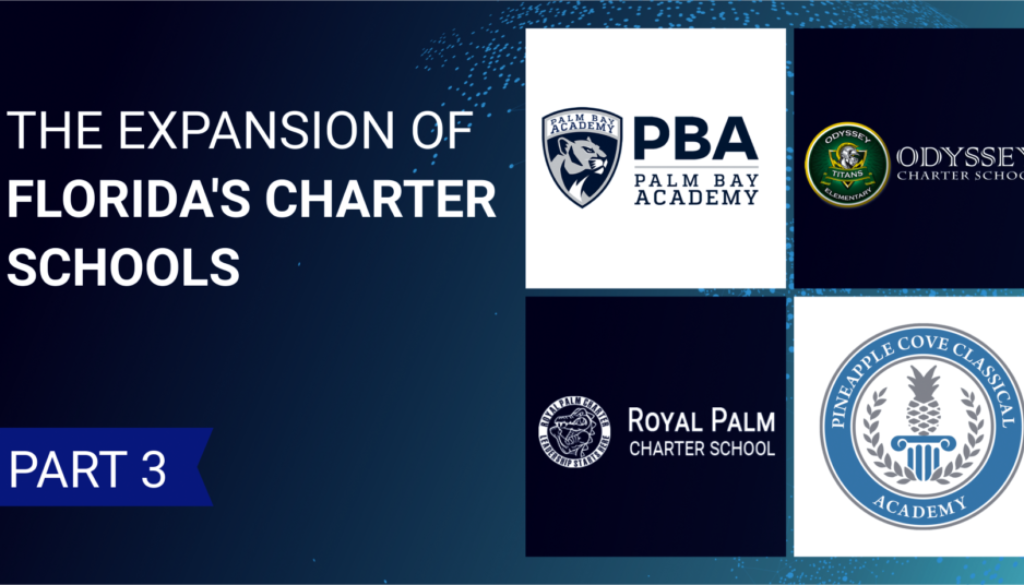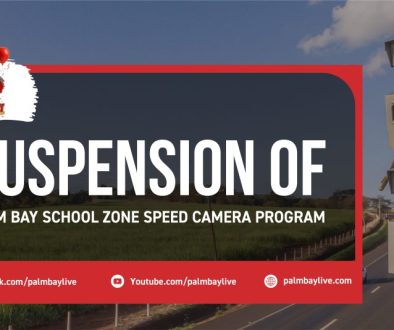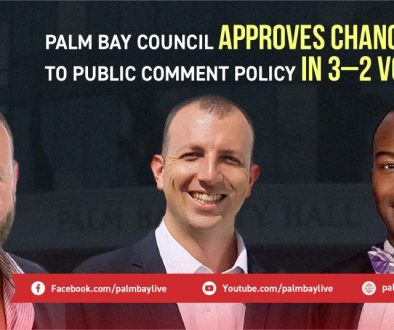Profit Over Pupils? For-Profit Dynamics in Florida’s Charter Schools
The Rise of For-Profit Management in Florida’s Charter Schools
In Florida, the line between non-profit charter schools and for-profit management is increasingly blurred. Although charter schools are required to operate as non-profits, many engage for-profit firms to manage their operations. These companies profit by collecting management fees and through leasing arrangements for school facilities. Often, the management firm itself or a related real estate entity owns the property, effectively making the school’s management company its landlord as well. These financial arrangements are funded by the per-student allocations provided by state legislation, with some schools paying over $1 million annually in lease payments alone, as highlighted by the nonprofit research institute Integrity Florida.
Carol Burris, Executive Director of the Network for Public Education, notes that about half of all Florida charter schools are operated by for-profit organizations. Notable entities like Academica and Charter Schools USA, which originate from Florida, dominate the charter landscape, raising concerns about the influence of profit motives on educational quality. Moreover, smaller for-profit chains, managing fewer than 10 schools, are also prevalent in the state.
Reports and investigations have revealed instances where for-profit management companies exert substantial control over charter schools’ day-to-day operations, sometimes funneling a significant portion of the schools’ revenue into fees or lease payments to related entities.
A February 2020 report by the LeRoy Collins Institute further reveals that over 40% of Florida’s charter schools are run by for-profit Education Management Organizations (EMOs), a rate much higher than the national average.
The prevalence of for-profit Education Management Organizations (EMOs) in Florida, particularly notable in Miami-Dade County, where such entities manage 77% of charter schools as of 2020, adds a complex layer to the ongoing debate about the allocation of public education funds. Critics are concerned about the transparency and accountability of public funds, especially given instances where state education dollars might benefit the for-profit entities more directly than the students.
Burris also notes the involvement of real estate developers in the charter school sector is particularly noteworthy. For instance, Academica, founded and still owned by real estate developers, exemplifies this trend. Burris highlights an intriguing case involving The Villages, where a charter school exclusive to its employees ensures their continued employment. Additionally, the establishment of the Ina A. Cohen Charter School, financed by a family foundation linked to the community’s builders, raises questions about financial entanglements and interests.
Finally, Burris underscores the concerning trend of Florida’s inadequate funding for public schools, as highlighted by the Education Law Center. “Florida does a terrible job funding its public schools by all their research standards,” Barris states. “By starving its public schools, the Florida legislature is driving families into charter schools, leaving the neediest students as well as those with serious learning disabilities behind in the underfunded public schools.”
Charter School Closures and Financial Instability
As of May 10, at least 491 charter schools have closed in Florida since 1998, including 15 in Brevard County. These closures hint at underlying challenges within the charter school system, sparking concerns about their long-term viability and the oversight mechanisms in place to safeguard educational standards and public investment. They also mean that taxpayer funds, once allocated to these privately owned entities for educational purposes, cannot be recouped.
The Florida Auditor General’s latest report for the fiscal year ended June 30, 2022, uncovers several pressing issues within the charter school sector, casting a spotlight on the financial instability that plagues some of these institutions. An analysis of 688 schools revealed that 47 were grappling with significant financial issues, and 15 were dire enough to raise serious alarms. Perhaps more concerning is the pattern of repeated mistakes, indicating a systemic failure to address and rectify ongoing financial mismanagement.
Additionally, the report highlighted that 51 charter schools operated at a loss during that fiscal year. Four schools’ viability was under question due to financial troubles. A critical issue identified in the report was a lack of transparency. Some schools failed to adequately disclose important financial information, such as budgets and spending reports.
The State of Florida has recently announced plans to strengthen charter school oversight. The Department of Education announced plans to develop a rule to implement charter school oversight measures approved over the last two years. This initiative aims to address the financial instability and lack of transparency identified in the Auditor General’s report. The proposed rule will focus on charter school sponsors, ensuring they oversee the schools’ finances effectively and uphold participation in a state accountability system. A “standard monitoring tool” is in the works to facilitate annual site reviews of charter schools.
Influence of Lobbying and Contributions on Education Policy
According to a 2018 report by Integrity Florida, the charter school industry has played a significant role in shaping education policy through lobbying efforts and political contributions. From 1998 to 2016, the industry spent over $13 million on influencing state education policy, with the aim of legislating changes to expand and financially support charter schools.
One of the most telling instances of this influence was the passage of House Bill 7069 in 2017, which helped expand charter schools by easing the process of opening new schools and mandating revenue sharing from traditional public schools to charter schools for capital projects.
Governor DeSantis’s recent signing of HB 1285 also simplifies the process of converting underperforming public schools into charter schools. This law mandates that any public school receiving consecutive low-performance evaluations be designated as a “turnaround school.” If school districts fail to improve these schools, they are required to contract with a charter school operator by October 1 of the final year of control.
HB 1285 also streamlines the negotiation process between school districts and charter school operators. Key provisions ensure that new charter schools give enrollment preference to students from the previous school’s zone and operate at the same grade levels as the public school they replace. These charter schools are also exempt from paying rent for the facility, and school districts are prohibited from imposing administrative fees.
Financial records from Transparency USA highlight the scale of contributions by prominent industry players. Charter Schools USA, for instance, contributed over $1.4 million across the past three election cycles in the Sunshine State. The Florida Department of State Division of Elections records also reveal specific contributions to key members of the Senate Committee on Education Pre-K-12. In 2022, Charter Schools USA made strategic donations of $1,000 each to three committee members: Senator Corey Simon, Representative Alexis Maria Calatayud, and Representative Jay Collins, all part of the Republican Party and influential in educational legislative matters.
The Florida Federation for Children also plays a critical dual role through its PAC and ECO. The PAC focuses on direct political contributions and campaigning, with over $1.3 million in contributions and $1.4 million in expenditures in 2020, and more than $1.9 million contributed with around $1.7 million spent in 2022. In contrast, the ECO, which focuses on broader election communication efforts, spent about $715,000 in 2018 and $28,000 in 2020. Charter Schools USA has been a notable donor to the PAC, contributing more than $350,000 in 2020 and about $375,000 in 2022.




